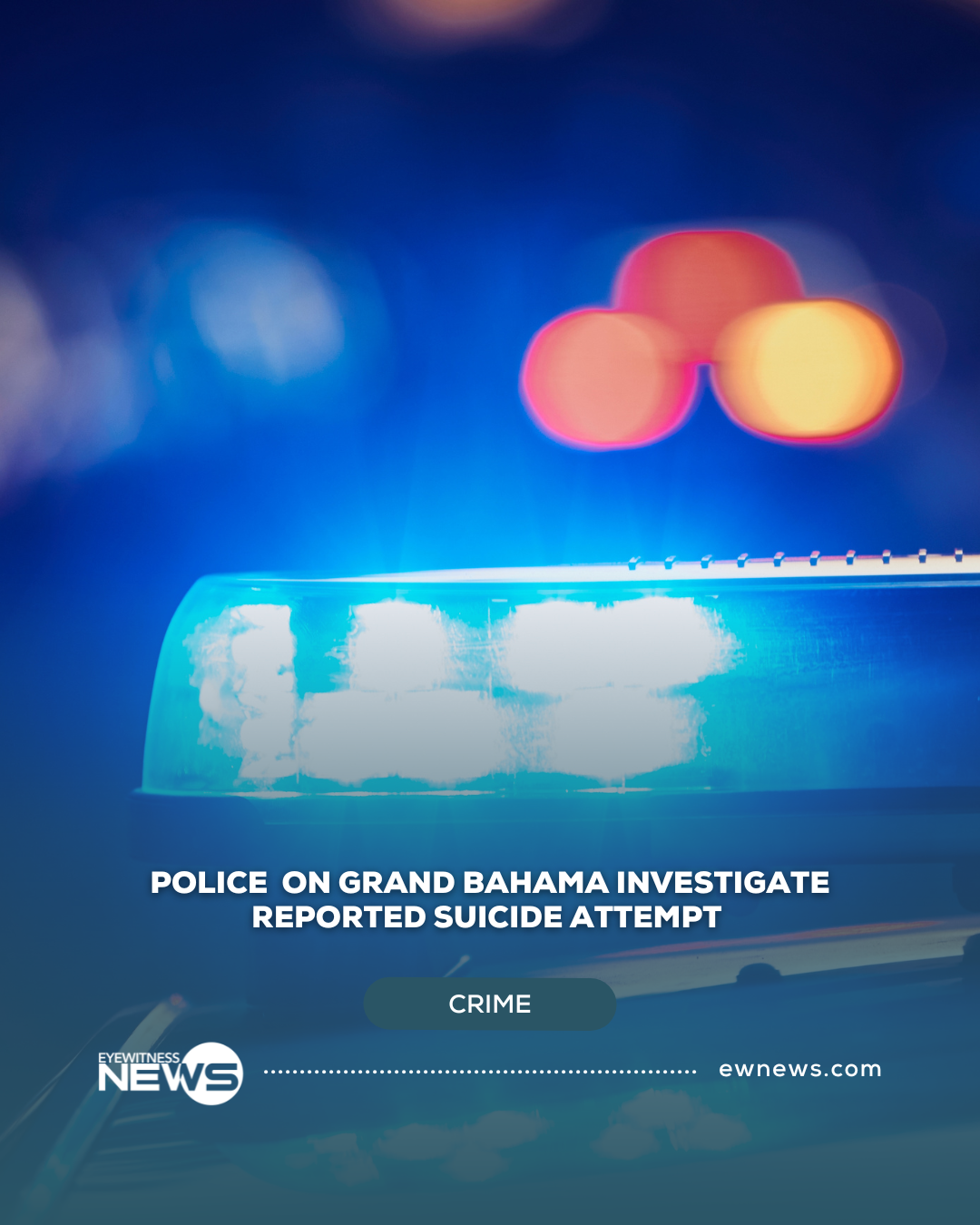NASSAU, BAHAMAS – The Gaming Board’s recent report which “debunked the myth” that domestic gaming houses are at risk of being used to facilitate financial crime should cause Canadian-owned banks in The Bahamas to reconsider their stance against accepting deposits from gaming house operators, according to former Minister of Tourism Obie Wilchcombe.
Wilchcombe oversaw the regularization of the sector under the Christie administration following the January 2013 non-binding gaming referendum.
“I think now an appeal should be made to the governor of the Central Bank [of The Bahamas] and to the commercial banks,” he told Eyewitness News Online.
“I think now that question that was always out there has now been answered, and so, therefore, they should be accepted now.
“I think it opens door… and I think now is the time for the banks to cut [some] slack and allow the gaming houses to be able to bank locally.”
At current, Bank of The Bahamas (BOB), which is majority-owned by the government, has been the only bank to accept deposits from gaming house.
In September 2016, Central Bank’s governor said the ultimate goal was for gaming houses to satisfy commercial bank concerns and operate “in a fashion that allows it to be banked”.
The Board found that fears that the regularized domestic gaming sector remains at risk of being conduits for money laundering and terrorism financing were proven to be “largely unfounded”.
The Board conducted a one-month study of the sectors’ financial data, which was contained in the Group of Financial Services Regulators’ (GFSR) annual Anti-Money Laundering and Countering the Financing of Terrorism report.
In fact, the Board found that the average patron account balance was $5.
Meanwhile, the average transaction amount was $60, the report notes.
The study concluded that these sums were “far too small to support any pattern of substantial money laundering”.
Wilchcombe said Bahamian professionals contributed to bringing about a higher level of integrity and professionalism to the sector, including officials of the former and current Gaming Board, as well as stakeholders in the sector, and they should be commended.
“They got the work done very efficiently and to the point where it could be analyzed years later, and all that was expected; it is living up to the expectation,” he said.
“In addition to that, I think it is also important for us to appreciate the professionals of the gaming houses.
“I think what we have not given credit to the gaming houses for is when we decided to move toward regularization, they had to pay more than $21 million in back taxes.”
On Monday, The Bahamas Gaming Operators Association (BGOA) welcomed the report and said it was also encouraged that the Board underscored the fact that gaming houses cannot be used to facilitate international transfers, and no funds flow from outside The Bahamas into patron accounts, nor do funds flow from patron accounts outside the country.
The Board said it plans to implement a comprehensive anti-money laundering audit program and compliance monitoring system for gaming house operators as part of its effort to enhance the level of investigations currently being conducted.
The move is partly in response to the increased requirements of the Financial Action Task Force.
At current, there are seven licensed gaming house operators in The Bahamas.


















